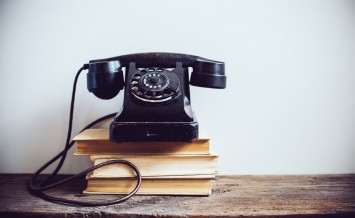Electric Toothbrush vs. Manual Toothbrush: Which do you prefer?
Choosing between an electric and a manual toothbrush can be a pivotal decision for your dental health.
Both options have their unique advantages, and the best choice often depends on your personal needs and preferences.
Here’s a breakdown of the key differences to help you make an informed decision.
Electric Toothbrush
 Advantages:
Advantages:
- Superior Cleaning Power: Electric toothbrushes are known for their ability to remove plaque more effectively than manual brushes. The oscillating or vibrating bristle movements can reach areas that are difficult to clean with a manual toothbrush, helping to reduce plaque and gingivitis.
- Ease of Use: Electric toothbrushes require less manual effort, making them ideal for people with limited dexterity, such as the elderly or individuals with arthritis. They also often come with built-in timers to ensure you brush for the recommended two minutes.
- Advanced Features: Many electric toothbrushes offer various modes for different needs (e.g., sensitive teeth, whitening) and pressure sensors to prevent brushing too hard.
Disadvantages:
- Cost: Electric toothbrushes are more expensive upfront compared to manual ones. Replacement brush heads can also add to the cost over time.
- Portability: They are bulkier and require charging, which can be inconvenient for travel.
Manual Toothbrush
 Advantages:
Advantages:
- Affordability: Manual toothbrushes are much more affordable and easily accessible. They don’t require charging or batteries, making them a convenient option.
- Variety: They come in various styles, sizes, and bristle textures, allowing for customisation based on personal preference and dental needs.
- Portability: Manual toothbrushes are lightweight and easy to pack, making them ideal for travel.
Disadvantages:
- User Dependence: The effectiveness of a manual toothbrush largely depends on the user’s brushing technique and consistency. Without proper technique, it can be challenging to remove plaque effectively.
- Lack of Features: Manual toothbrushes don’t offer the advanced features that many electric toothbrushes have, such as timers and pressure sensors.
Both electric and manual toothbrushes can be effective for maintaining oral health if used correctly. Electric toothbrushes are excellent for those seeking enhanced cleaning power and convenience, while manual toothbrushes are ideal for those looking for an affordable and portable option.
Ultimately, the best toothbrush is one that you will use regularly and correctly. Regular brushing, combined with flossing and routine dental check-ups, will ensure the best oral health outcomes.



















